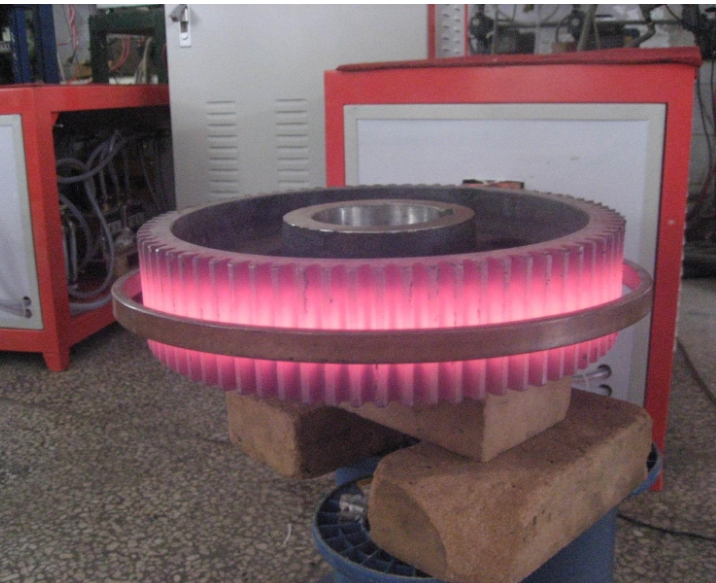- 25
- Sep
Characteristics and use conditions of quenching furnace
Characteristics and use conditions of quenching furnace
Quenching furnace is a furnace that heats the workpiece before quenching. Quenching is to put the workpiece in the furnace and heat it to above the critical point of quenching temperature and keep it for a period of time, then quickly take the workpiece out of the furnace and put it in the quenching liquid (oil or water) for quenching. The heat source of the furnace can be electricity and fuel, and the temperature can be measured with a thermocouple. For furnaces that use electricity, gas and liquid fuels, the temperature can be automatically controlled and adjusted by meters.
The quenching furnace is used for the quenching treatment of extruded aluminum alloy pipes and bar profiles. Before quenching, the extruded products are heated uniformly, and the temperature difference should be less than ±2.5 ℃; during quenching, the transition time should be short, not more than 15 seconds.
In the past, aluminum alloy extrusion products were treated with a nitrate (KNO3) bath. As the length of aluminum alloy extruded products increases, this quenching method has been eliminated. The vertical quenching furnace is more commonly used at home and abroad, and the quenching pool is directly set under the furnace body. This quenching furnace has the following characteristics:
①Before quenching, the extruded product can be uniformly and quickly heated;
②The material can be put into the quenching pool in a short time;
③It can avoid the bending and torsion deformation of the extruded product due to its own weight and heat, which is beneficial to maintain the shape of the product;
④ The mechanical properties of the extruded products after quenching are uniform.
The vertical quenching furnace designed by the Non-ferrous Metal Processing Design and Research Institute can be used for the quenching treatment of aluminum alloy extruded products, but the length of the larger material cannot be greater than 8 meters. It is actually used in small and medium-sized aluminum processing plants, with an annual processing capacity of 1,000 tons. The furnace is divided into five heating sections, with a maximum heating power of 300 kilowatts. After adding auxiliary equipment, the total power is 424 kilowatts.
Conditions of Use
1. Indoor use.
2. The ambient temperature is in the range of -5℃-40℃.
3. The monthly average relative humidity of the use area is not more than 85%, and the monthly average temperature is not more than 30℃.
4. There is no conductive dust, explosive gas or corrosive gas that can seriously damage metal and insulation.
5. No obvious vibration or bumps.

